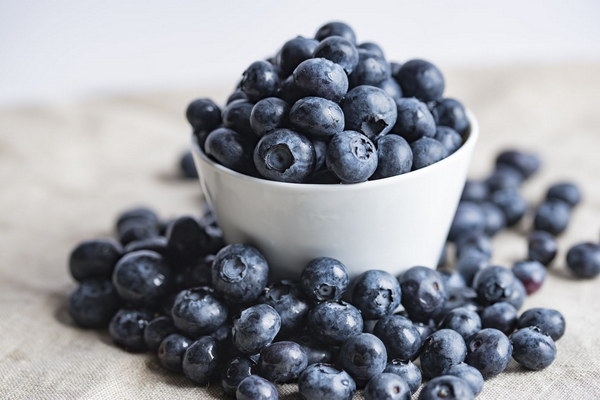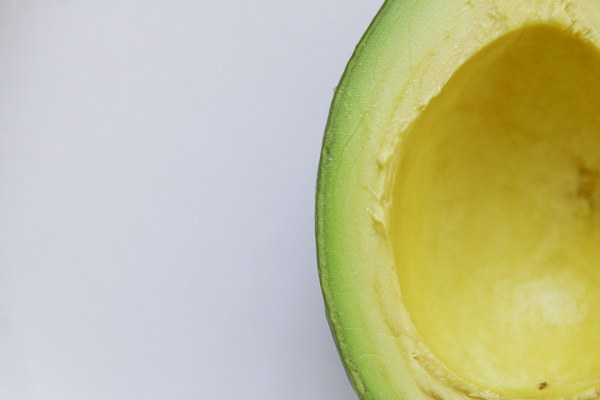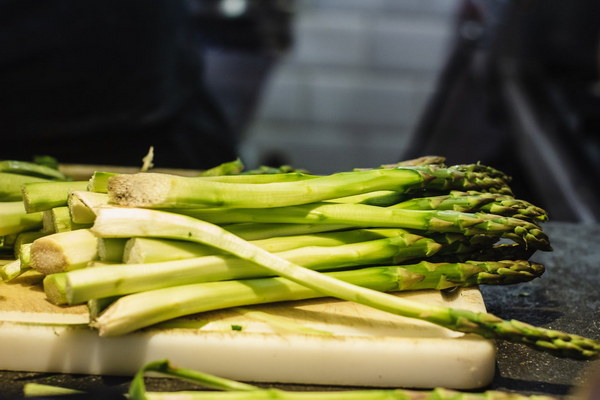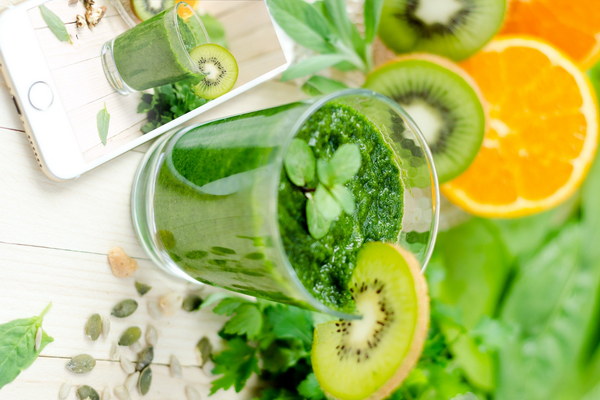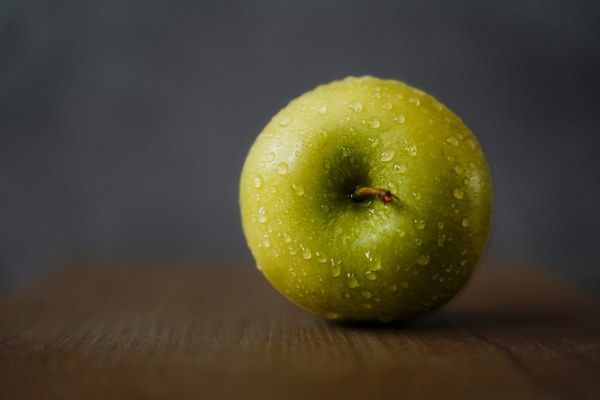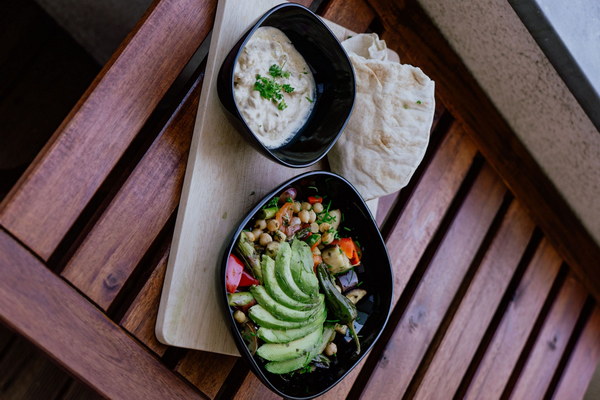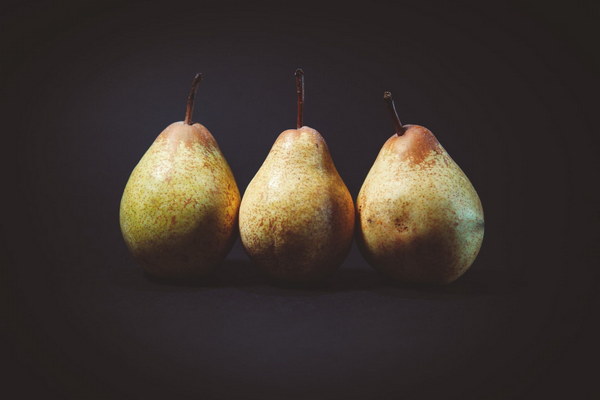Unlocking Radiance Traditional Chinese Herbs for Spleen Nourishment and Skin Whitening
In the realm of traditional Chinese medicine, the concept of balancing the body's internal systems is paramount. One such system that holds significant importance is the spleen, which is believed to be the root of energy and vitality. When the spleen is healthy, it can lead to a radiant and clear complexion. This article delves into the world of traditional Chinese herbs known for their spleen-nourishing and skin-whitening properties, offering insights into how these natural remedies can contribute to a more youthful and glowing appearance.
The Spleen and Skin Health

According to Chinese medical philosophy, the spleen plays a crucial role in the transformation and transportation of nutrients throughout the body. When the spleen functions optimally, it ensures that the body receives adequate nourishment, leading to robust health and a clear complexion. Conversely, an imbalance in the spleen can lead to various issues, including a lackluster appearance and dull skin.
Herbs for Spleen Nourishment and Skin Whitening
1. White Peony Root (Baical Skullcap, Ba Ji Tian)
White peony root is a well-known herb in Chinese medicine, prized for its cooling and soothing properties. It is often used to nourish the spleen and liver, helping to alleviate symptoms such as fatigue, bloating, and digestive issues. Additionally, white peony root is believed to have skin-whitening effects, making it a popular choice for those seeking to achieve a fairer complexion.
2. Red Peony Root (Chinese Peony, Mu Dan Pi)
Red peony root is another herb that is highly regarded for its spleen-nourishing and skin-whitening properties. It is often used to treat conditions such as jaundice, which can cause the skin to appear yellowish. Red peony root helps to clear heat and toxins from the body, promoting a healthy and radiant complexion.
3. Dong Quai (Angelica Sinensis, Dong Chong Xia Cao)
Dong quai is a traditional Chinese herb that has been used for centuries to nourish the blood and regulate the menstrual cycle. It is also believed to be beneficial for the spleen and skin health. Dong quai can help to improve circulation, leading to a more even skin tone and a brighter complexion.
4. Licorice Root (Gan Cao)
Licorice root is a versatile herb that is often used in Chinese medicine to harmonize the body's systems. It is known for its ability to nourish the spleen, liver, and kidneys, as well as its anti-inflammatory and antioxidant properties. Licorice root can help to improve skin elasticity and reduce the appearance of blemishes, resulting in a more youthful appearance.
5. Goji Berries (Wu Wei Zi)
Goji berries are a nutrient-rich superfood that is commonly used in traditional Chinese medicine. They are believed to boost the immune system and improve overall health. Goji berries are also known for their skin-whitening properties, which can be attributed to their high levels of antioxidants and vitamin C.
How to Incorporate These Herbs into Your Routine
To reap the benefits of these spleen-nourishing and skin-whitening herbs, consider the following suggestions:
- Tea: Brew a pot of herbal tea using a combination of these herbs. Drink it regularly to support your spleen health and promote a clearer complexion.
- Tinctures: Tinctures are concentrated extracts of herbs that can be taken in small doses. Consult with a healthcare professional to determine the appropriate dosage for your needs.
- Supplements: Look for supplements that contain these herbs. Ensure that the supplements are from a reputable source and follow the recommended dosage instructions.
In conclusion, traditional Chinese herbs offer a natural and effective way to nourish the spleen and achieve a brighter, more radiant complexion. By incorporating these herbs into your routine, you can support your overall health and well-being while enhancing your natural beauty. Always consult with a healthcare professional before starting any new treatment or supplement regimen.
